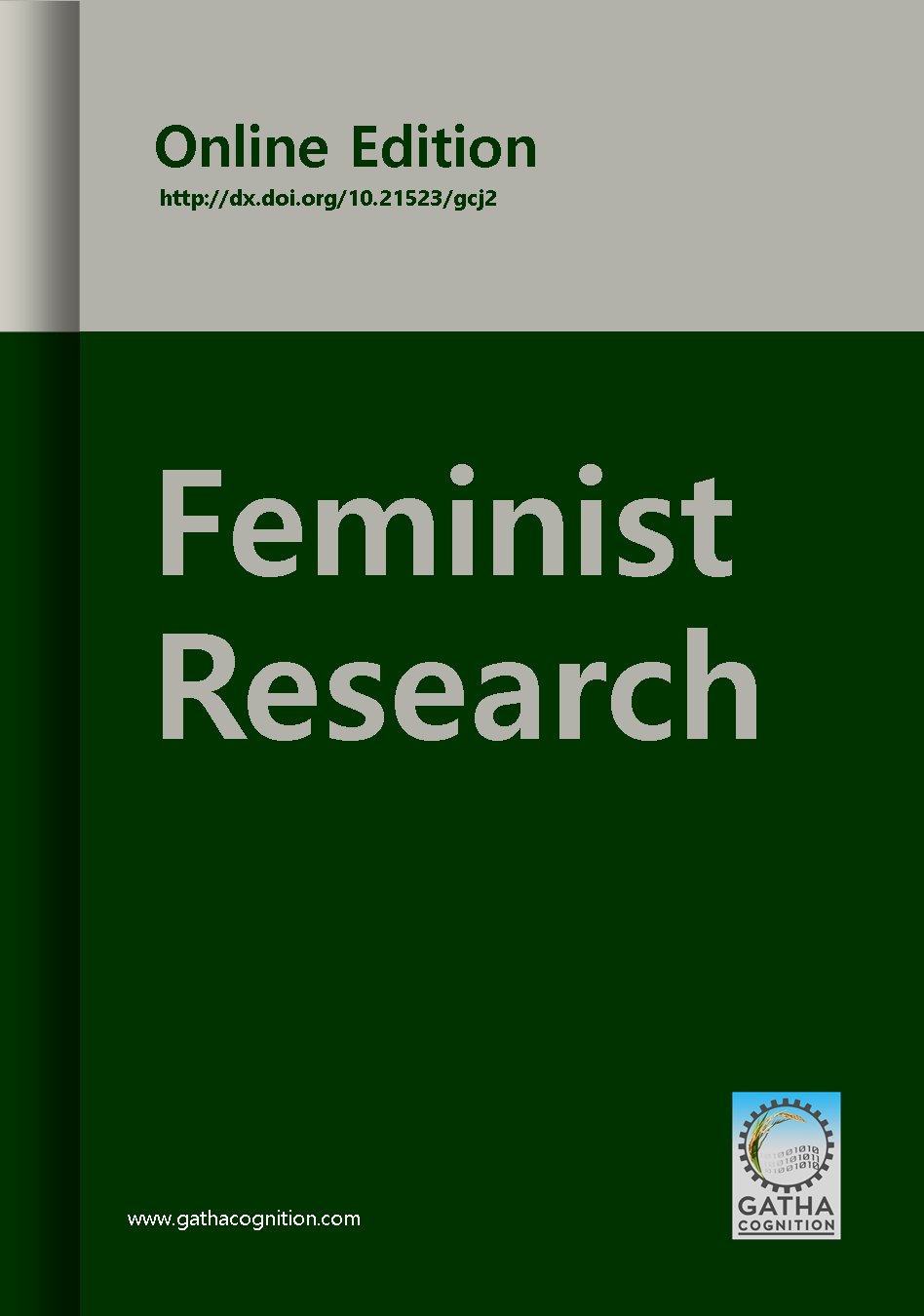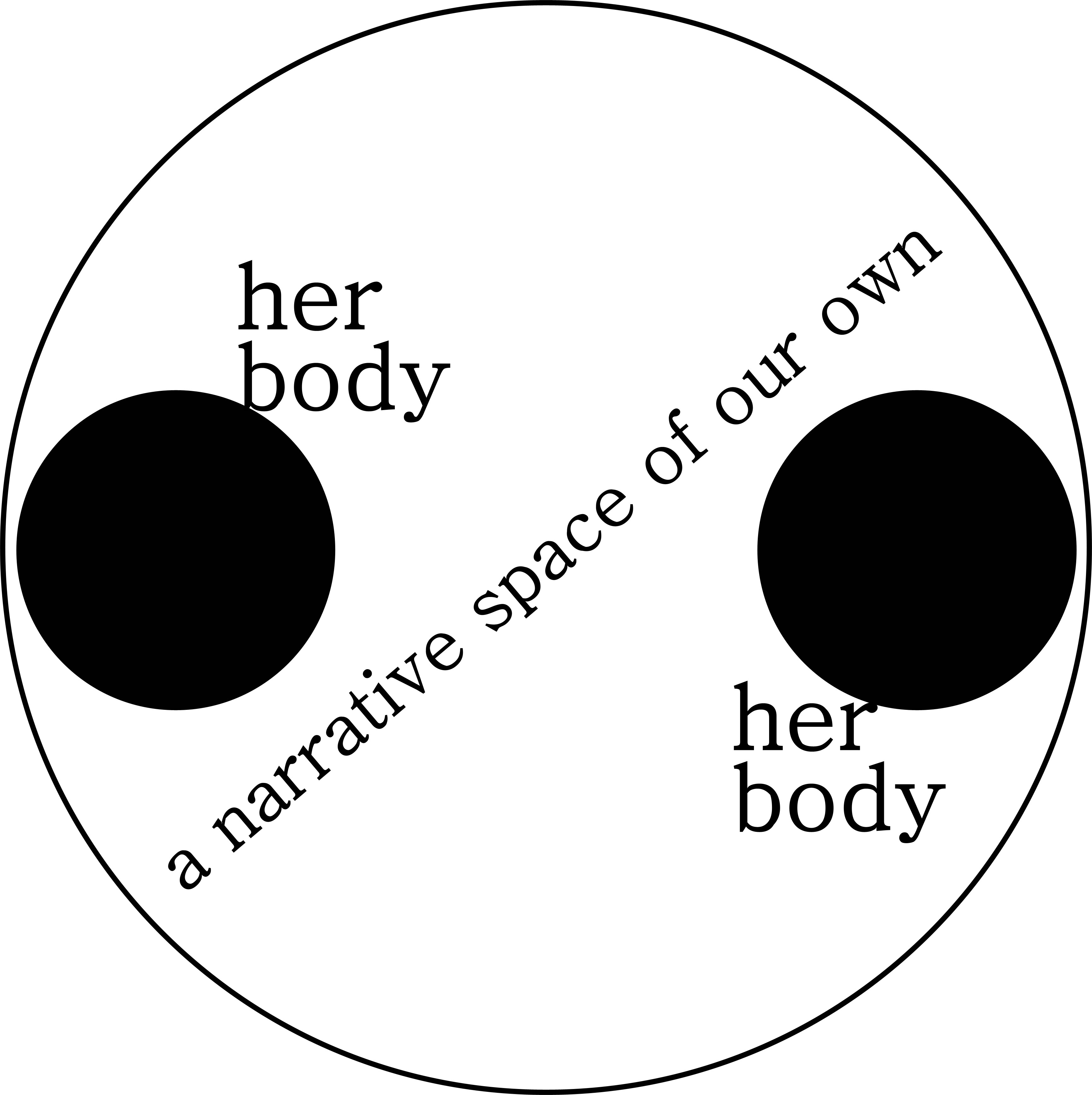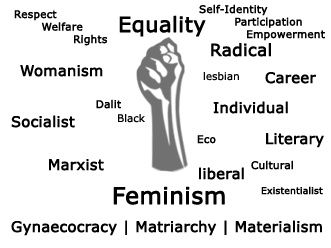Article Title :
A Postmodern Theorization of Islamic Feminism: Constructing Alternative Discourses of Difference and Plurality 
7 (2023)
10-20
Equality , Islamic feminism , Hermeneutics , Patriarchy , Plurality , Postmodernis


This article aims at studying how Islamic feminism has enriched and pluralized feminist research through underscoring its particularity and ability to address the Muslim woman’s quest for equality based on the Islamic referentiality and away from the Universalist feminist discourse. Thus, this paper argues that Islamic feminists draw their agency first from devising female-inclusive hermeneutics of the Islamic foundational texts which enables them to deconstruct the canonized dominant religious patriarchal discourses and second from manifesting the ability to depart from the mainstream Western feminism. I use the postmodernism ‒especially the features of the waning of affect and the weakening of the role of public history‒ to explore Islamic feminism’s heterogeneous alternative approaches to the sacred texts and the Muslim woman’s empowerment. This paper finds out that Islamic feminism is itself endowed with plurality and difference as it utilizes diversified approaches.

Muslim women were in dire need of a feminist approach which conforms to their Islamic identity, and which can methodically criticize the mainstream patriarchal religious discourse.
Postmodernism is an essential theoretical framework for Islamic feminism in the sense that it grants liberating and diversified venues of thought and also the possibility of deconstructing canonized readings.
Islamic feminism vacillates between the failure of Westerners to relinquish their essentialist views on gender in Islam and the failure of Muslims to free feminism from its western envelop.
Islamic feminists face multiple challenges indeed. They have to deconstruct patriarchal practices like all feminists do. But, they also have to show distance from Western feminism to gain legitimacy in the Muslim community.
Amina Wadud attempts to re-theorize gender in Islam by devising three hermeneutical models while rereading the Qur'an: the grammatical composition of the text, contextualization, and the world view of the text.
Fatima Mernissi, on her turn, delves into hadith, or the prophetic tradition, which has always been a male-dominated space. She devised the feminist hermeneutics of historicity, the process of verification, and the study of hadith transmitters’ biography.
Badran, M., 2002. Islamic Feminism: What’s in a Name. Al-Ahram Weekly Online, 569.
Baker, C., 2004. The SAGE Dictionary of Cultural Studies. Sage Publications, London.
Barlas, A. 2008. Engaging Islamic Feminism: Provencializing Feminism as a Master Narrative. Kynsilehto, A. Islamic Feminism: Current Perspective. Tampere: Tampere Peace Research Institute, 15-24.
Cooke, M., 2001. Women Claim Islam: Creating Islamic Feminism through Feminism. New York: Routledge.
Hidayatullah, A., 2014. Feminist Edges of the Qur’an. New York: Oxford University Press.
Hoffmann, G., 2005. From Modernism to Postmodernism: Concepts and Strategies of Postmodern American Fiction. Amsterdam/ New York: Rodopi Editions.
Jameson, F., 1991. Postmodernism, or, the Cultural Logic of Late capitalism. North Carolina: Duke University Press.
Jencks, C., 2012. The story of post-modernism: Five Decades of the Ironic, Iconic and Critical in Architecture. New Jersey: John Wiley and Sons.
Majid, A., 2000. Unveiling Tradition: Postcolonial Islam in a Polycentric World. North Carolina: Duke University Press.
Mernissi, F., 1999. The Veil and the Male Elite: A Feminist Interpretation of Women’s Rights in Islam. New York: The Perseus Books Group.
Mills, S., 1998. Post-Colonial Feminist Theory. Stevi, J and Jones, J. Contemporary Feminist Theories. Edinburg: Edinburg University Press.
Moghissi, H., 1999. Feminism and Islamic fundamentalism: The limits of postmodern analysis. Zed books.
Mohanty, C., 2003. Feminism Without Borders: Decolonizing Theory, Practicing Solidarity. USA: Duke University Press.
Rhouni, R., 2010. Secular and Islamic Feminist Critiques in the Wok of Fatima Mernissi. Netherlands: Hotei Publishing.
Stevi, J. and Jackie, J., 1998. Contemporary Feminist Theories. Edinburg: Edinburg University Press.
Wadud, A., 1991. Qur’an and Woman: Rereading the Sacred Text from a Woman’s Perspective. New York: Oxford University Press.
Zeidan, J. T., 1995. Arab Women Novelists: The Formative Years and Beyond. New York: State University of New York Press.





